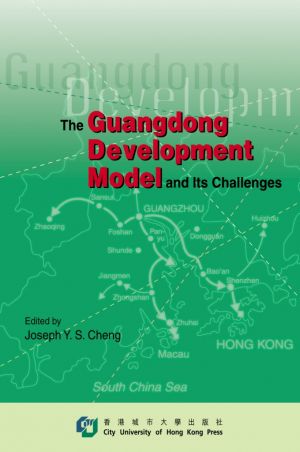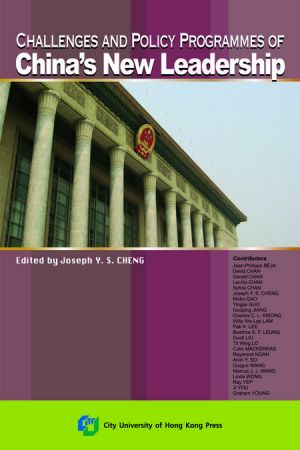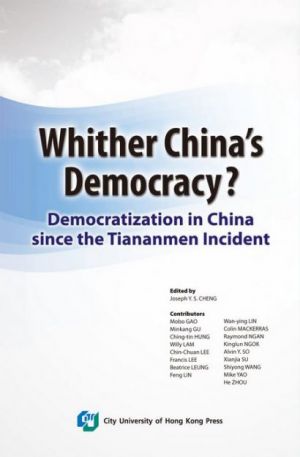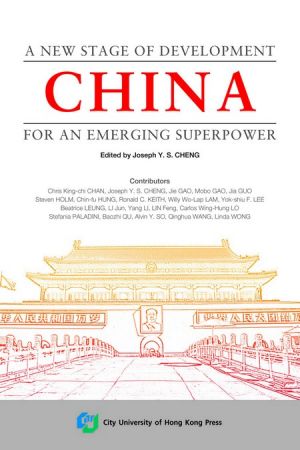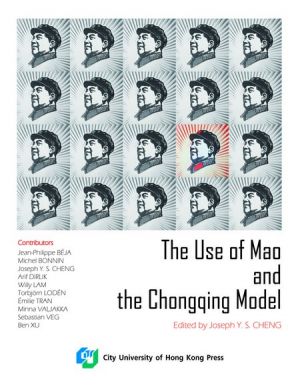The research team on developments in Guangdong is proud to present its fourth volume on the subject. The Contemporary China Research Centre, upon its establishment in 1992, considered the study of Guangdong a major focus of its activities. The importance of Guangdong in Hong Kong's future development no longer requires any explanation; the huge number of Hong Kong people visiting Shenzhen every weekend is perhaps the best illustration of the growing integration between Hong Kong and the Pearl River Delta. From an academic point of view, the research team believes that its solid field work in the province will give it an edge over its local and overseas competitors. Every team member has now established an excellent network of ties in support of his or her research.
In the first volume of the project, the research team concentrated on the factors contributing to the spectacular economic growth of Guangdong. The second volume then focused on the different models of development within the province, emphasizing Guangdong's role as a laboratory for experiments in economic reforms in China. By the mid-1990s, Guangdong's leaders realized that the province had to face a new set of challenges; and the acquisition of expertise as well as the formulation of strategies with a new vision were demanded for the new stage of development. This was exactly the theme of our third book.
In this fourth volume, the research team members, while working on their individual topics, also attempt to study the impact of Zhu Rongji's reform and the Asia-Pacific region's economic crises on the development of the province; examine competition from other regions in China, especially the Yangtze Delta region; analyze the strengths and weaknesses of Guangdong's economy and of its development strategy so far; and consider the options open for Guangdong at this stage. The team attempts to cover a broad range of policy areas which it believes have a significant bearing on Guangdong's long-term development.
The research team is most grateful for the co-operation and support given by Mr. Patrick Kwong and Dr. Paul Kwong of the City University of Hong Kong Press in the publication of this book. The editor would also like to thank the authors for their hard work and patience; and to thank Mr. Ian Storey for his indispensable editorial assistance. Naturally the editor and the authors have to be responsible for whatever errors and omissions.
The research team is most grateful for the co-operation and support given by Mr. Patrick Kwong and Dr. Paul Kwong of the City University of Hong Kong Press in the publication of this book. The editor would also like to thank the authors for their hard work and patience; and to thank Mr. Ian Storey for his indispensable editorial assistance. Naturally the editor and the authors have to be responsible for whatever errors and omissions.
Joseph Y. S. CHENG
August 2000


